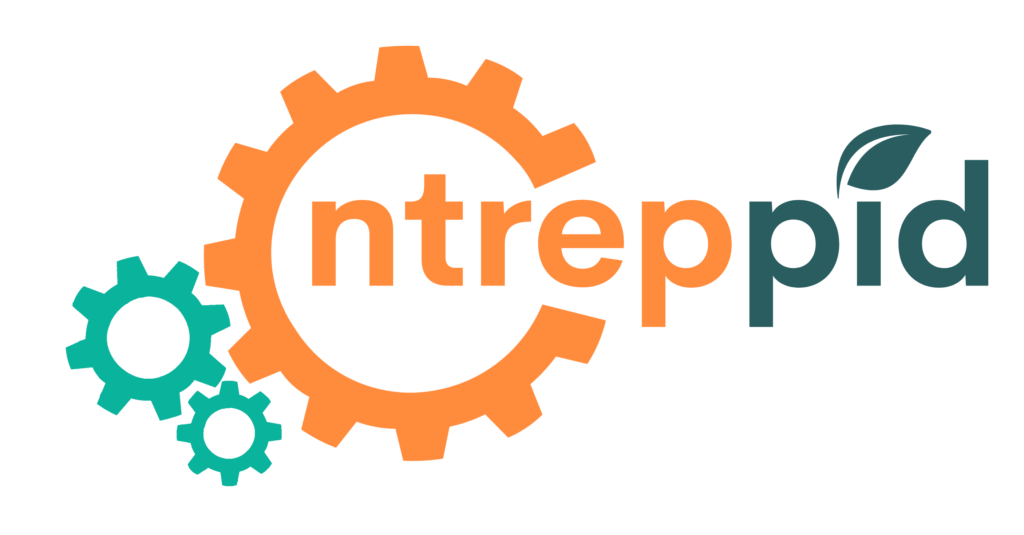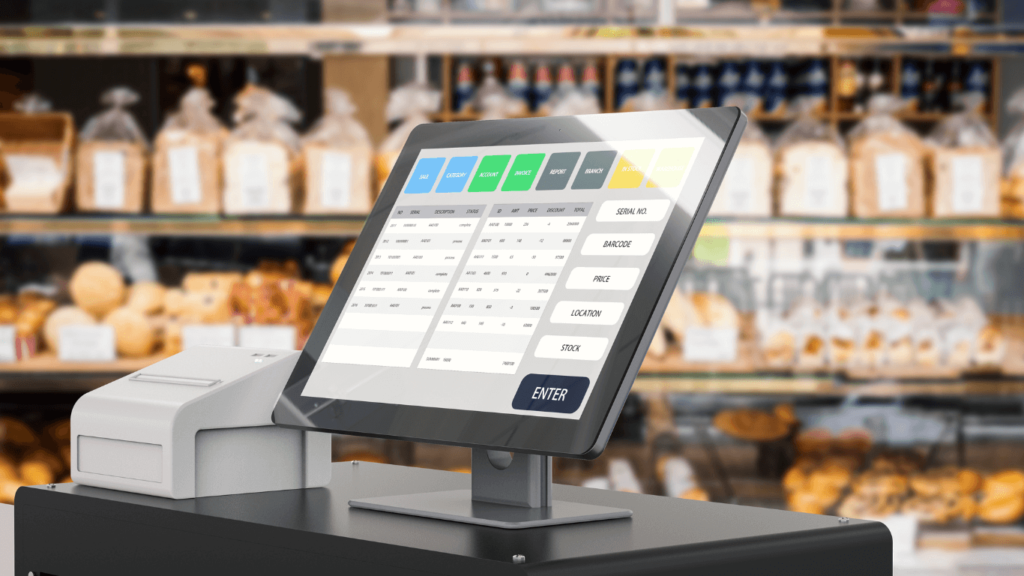Maximize Your Profits and Reduce Waste: A Guide to Controlling Food Costs with Smart Strategies

In the food business, every purchase you make is an investment. How can you ensure this investment brings the best return while reducing waste? Managing food costs effectively helps businesses protect their bottom line and reduce their environmental impact.
Here’s a practical guide to controlling and reducing food costs, designed to help you thrive in the competitive food industry—whether you run a restaurant, catering business, or a café.
Understanding Your Food Costs
Accurate food cost calculation is the foundation for effective cost control. By knowing exactly where your money goes, you can make smarter financial decisions. Calculating food costs is simple but essential: you need to track the price of ingredients, portions, and any other operational costs involved in delivering the meal to the customer.
Optimizing Menu Pricing
Once you understand your food costs, the next step is pricing your menu for profit. You need to cover not only the cost of ingredients but also labor, utilities, and overheads, while ensuring your prices remain competitive. Implementing different menu pricing strategies, such as cost-plus pricing or value-based pricing, ensures your menu items remain profitable.
Efficient Inventory Management
Inventory management plays a crucial role in controlling food costs. Efficient tracking helps you avoid over-ordering, food spoilage, and theft. Using smart systems to reduce human error and keep you informed about stock levels, expiration dates, and inventory usage trends is key.
Having this data allows you to refine purchasing decisions, reduce waste, and maintain optimal stock levels.
Reducing Food Waste
Food waste is one of the biggest profit drains for food businesses. Every scrap of wasted food represents lost money, not to mention the environmental impact. Simple strategies like portion control, creative use of leftovers, and monitoring waste can drastically reduce these losses.
Tracking food usage allows you to see where food waste occurs, so you can make informed decisions to cut down on unnecessary loss.
Training Your Team for Cost Efficiency
Your staff has a significant impact on food costs. Training them on proper portion control, efficient use of ingredients, and waste management can reduce errors and optimize food usage. A well-trained team is crucial for maintaining consistency and cutting down on mistakes that lead to unnecessary costs.
Sustainability and Profitability
Sustainability in the food business isn’t just a trend—it’s a necessity. Reducing food waste, sourcing ingredients sustainably, and optimizing energy use are key strategies to reduce your environmental footprint while cutting costs. Implementing eco-friendly practices doesn’t mean sacrificing profitability, and often, it leads to long-term savings.
Final Thoughts
Food cost control is a crucial aspect of running a successful food business. By leveraging the right strategies—like proper cost calculations, optimized menu pricing, smart inventory management, and sustainability—you can protect your profit margins while contributing to a greener, more efficient future for your business.
Entreppid Software can support these efforts, helping streamline processes, track key metrics, and manage your operations more efficiently, so you can focus on what truly matters: growing your business


